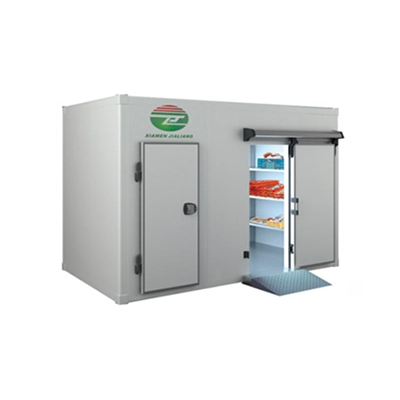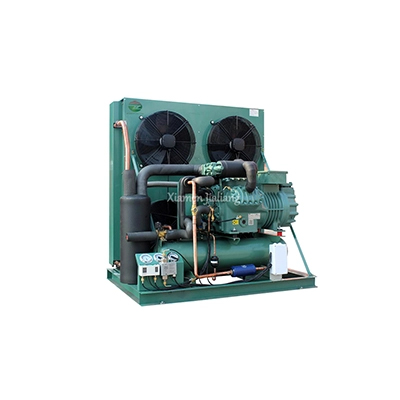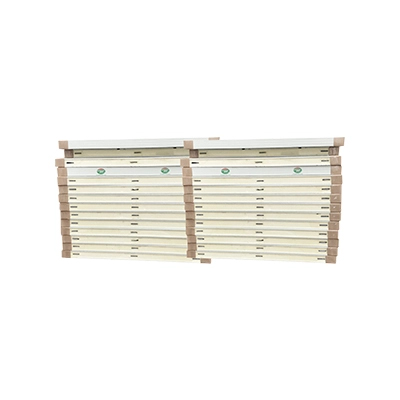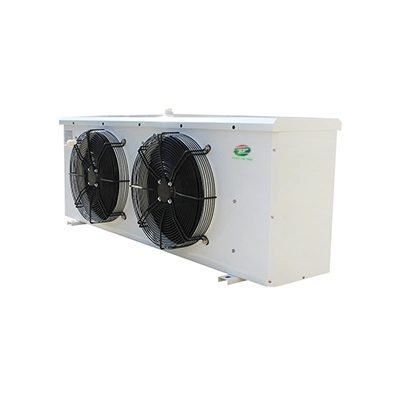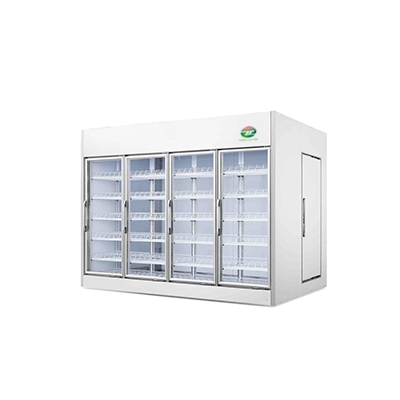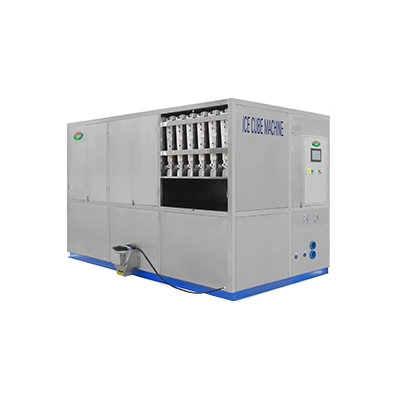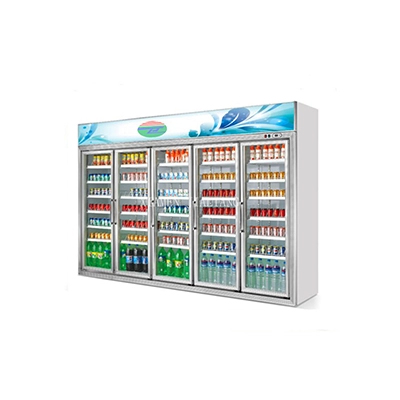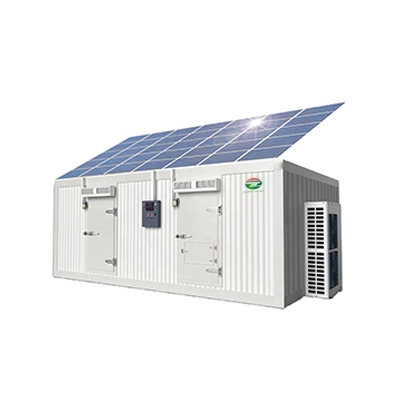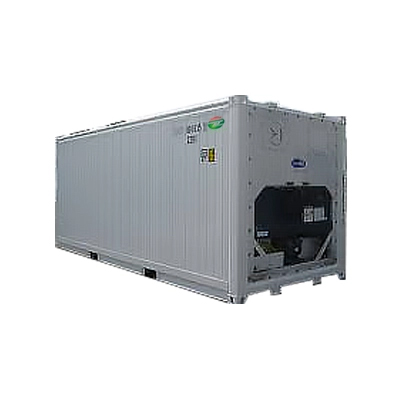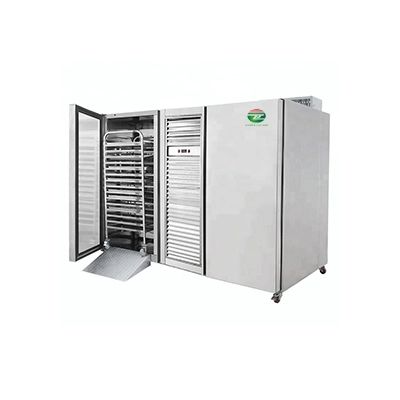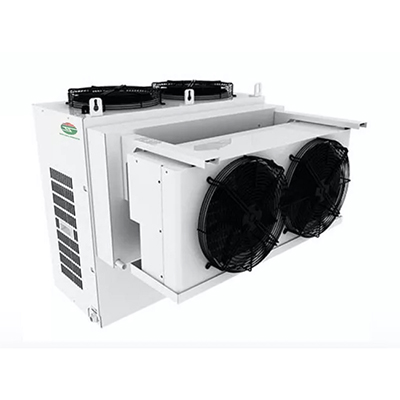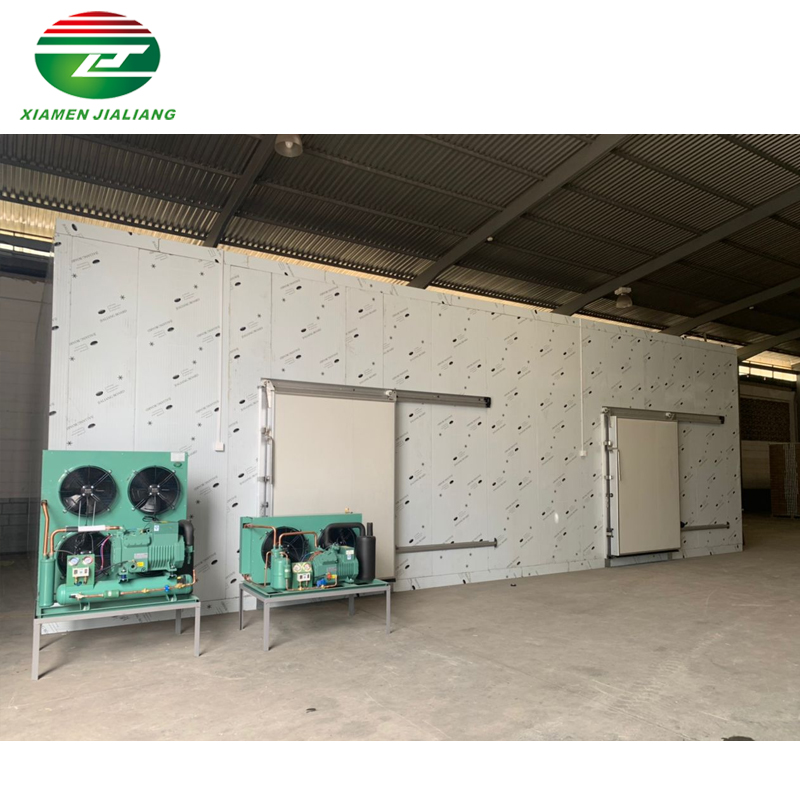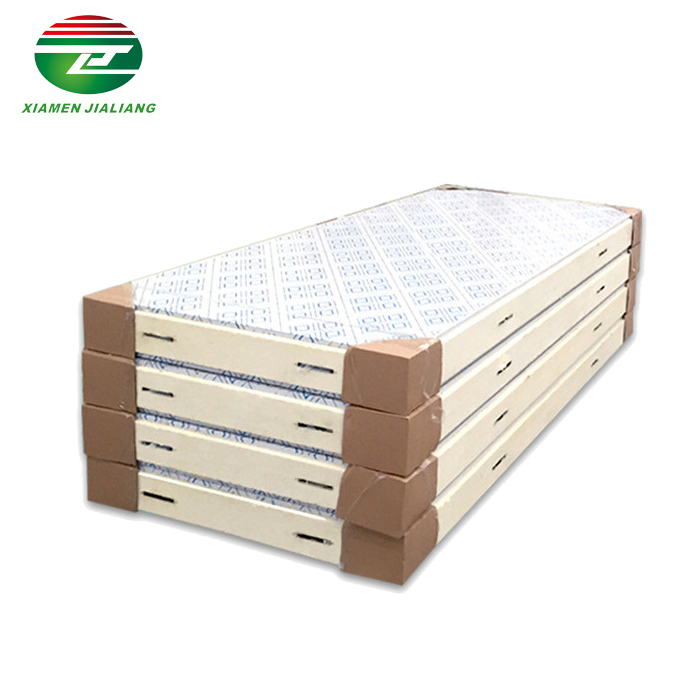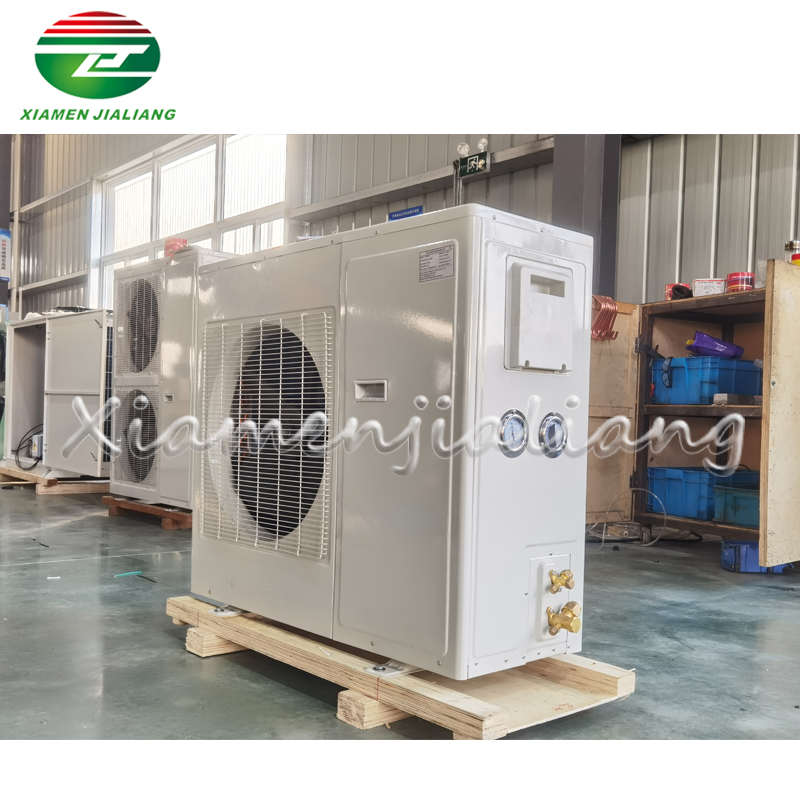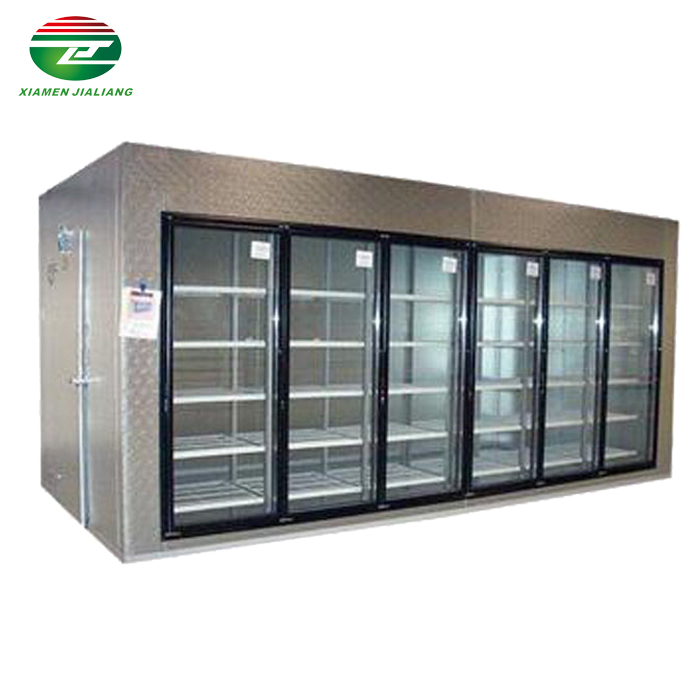Unlocking the Potential: Innovative Uses for Cold Rooms in Different Industries
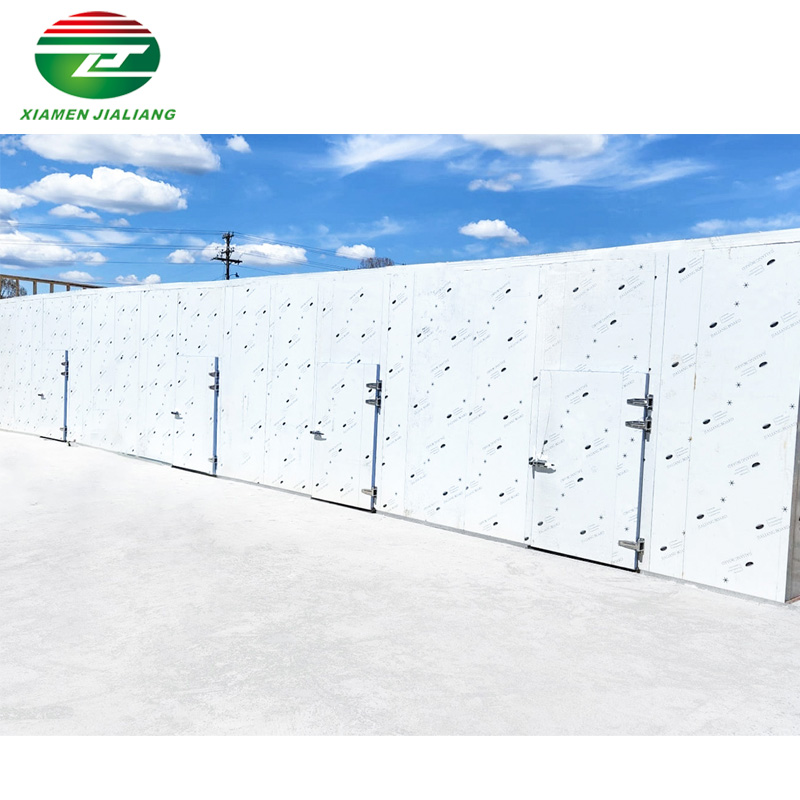
Cold rooms, also known as refrigeration units, have long been a staple in various industries for preserving perishable goods. However, their potential extends far beyond simple storage. In this article, we will explore the innovative uses of cold rooms in different industries, uncovering how they have revolutionized operations and opened up new possibilities.
Firstly, we will delve into the food industry, where cold rooms have become indispensable for maintaining the freshness and quality of products. From restaurants and catering services to grocery stores and food processing plants, innovative uses of cold rooms have enabled businesses to store and display a wide range of perishable items, ensuring they remain at optimal temperatures. We will discuss how cold rooms have not only improved food safety but also facilitated efficient inventory management and reduced waste.
Moving on to the pharmaceutical industry, cold rooms have become essential for storing medicines, vaccines, and other temperature-sensitive pharmaceutical products. We will explore the stringent temperature control requirements and regulatory standards that cold rooms need to meet to ensure the efficacy and safety of these life-saving drugs. Additionally, we will highlight how cold rooms have facilitated the distribution and transportation of pharmaceutical goods, even in remote areas where access to reliable refrigeration is limited.
Lastly, we will explore the innovative uses of cold rooms in the floral industry. Cold rooms have proven to be a game-changer for florists and nurseries, extending the shelf life of delicate flowers and plants. By creating the ideal environment for their storage, cold rooms have enabled businesses to expand their product offerings and meet customer demands for fresh and vibrant arrangements. We will discuss how cold rooms have revolutionized the floral industry, allowing for year-round availability of flowers and reducing the reliance on seasonal blooms.
In conclusion, cold rooms have evolved from simple storage units to innovative tools that have transformed various industries. Through their advanced temperature control capabilities and customizable features, cold rooms have unlocked new potential for businesses in the food, pharmaceutical, and floral sectors. Join us as we delve into the exciting world of cold room applications and discover how they have revolutionized operations, improved product quality, and opened up new opportunities for growth.
Innovative Uses of Cold Rooms in the Food Industry
Cold rooms have revolutionized the way the food industry operates. These specialized storage facilities provide optimal conditions for preserving and extending the shelf life of perishable food items. However, the benefits of cold rooms go beyond just storage. In recent years, innovative uses of cold rooms have emerged, transforming the food industry in unexpected ways.
One innovative use of cold rooms in the food industry is the concept of "cold chain logistics." This involves maintaining a consistent temperature throughout the entire supply chain, from production to distribution. Cold rooms play a crucial role in this process by ensuring that food products are kept at the right temperature at all times. This not only helps to prevent spoilage and maintain product quality but also extends the reach of the food industry by enabling the transportation of perishable goods over long distances.
Another innovative application of cold rooms is in the field of food processing. Cold rooms provide a controlled environment where food can be processed, such as cutting, packaging, and labeling. This helps to maintain the quality and safety of the food products by minimizing the risk of contamination and spoilage. With the use of cold rooms, food processing companies can streamline their operations and ensure that their products meet the highest standards of quality.
Cold rooms also play a crucial role in the emerging trend of "farm-to-table" dining. With the increasing demand for locally sourced and fresh ingredients, restaurants and food establishments are now incorporating cold rooms into their operations. These cold rooms allow them to store and preserve locally sourced produce, meat, and dairy products, ensuring that they are always available and at their peak freshness. This not only supports local farmers and suppliers but also provides customers with a unique and high-quality dining experience.
Furthermore, cold rooms have become an integral part of the research and development process in the food industry. Food scientists and researchers use cold rooms to conduct experiments and studies on various aspects of food preservation and safety. These controlled environments allow them to test different techniques and technologies, leading to the development of innovative methods for extending the shelf life of food products. The insights gained from these studies contribute to the overall advancement of the food industry and its ability to meet the ever-changing demands of consumers.
Innovative Uses of Cold Rooms in the Pharmaceutical Industry
In the fast-paced world of the pharmaceutical industry, cold rooms have revolutionized the way medications are stored and handled. These innovative spaces provide a controlled environment that is crucial for maintaining the integrity and efficacy of pharmaceutical products. Cold rooms are designed to store drugs, vaccines, and other temperature-sensitive items at specific temperatures, ensuring their quality and potency.
One of the primary uses of cold rooms in the pharmaceutical industry is the storage of vaccines. Vaccines are delicate and require strict temperature control to remain effective. Cold rooms provide the ideal conditions for storing vaccines, ensuring that they are kept at the recommended temperature range. This is essential in preventing the degradation of vaccines and maintaining their potency, ultimately safeguarding public health.
Another important use of cold rooms is the storage of raw materials and active pharmaceutical ingredients (APIs). These substances are often sensitive to temperature fluctuations and require controlled environments to maintain their stability. Cold rooms provide the necessary conditions to ensure the longevity and quality of these essential components, reducing the risk of product failure and wastage.
Cold rooms also play a vital role in the production process of pharmaceuticals. Many drugs and medications require specific temperature conditions during manufacturing, such as freezing or refrigeration. Cold rooms provide the controlled environment necessary for these processes, ensuring the quality and efficacy of the final product. Additionally, cold rooms can be used for the storage of intermediate products and finished pharmaceuticals before they are distributed to pharmacies and healthcare facilities.
In addition to storage and manufacturing, cold rooms are also utilized in research and development within the pharmaceutical industry. Cold rooms provide a controlled environment for conducting experiments and tests that require specific temperature conditions. This allows researchers to study the effects of temperature on pharmaceutical products, ensuring their safety and efficacy.
Innovative Uses of Cold Rooms in the Floral Industry
Cold rooms have revolutionized the floral industry, providing a controlled environment that extends the lifespan of flowers and preserves their freshness. These specialized storage units are designed to maintain a consistent temperature and humidity level, ensuring optimal conditions for floral products. As the demand for fresh flowers continues to grow, the innovative uses of cold rooms in the floral industry have become increasingly important.
One of the primary uses of cold rooms in the floral industry is for the storage of cut flowers. Cut flowers are highly perishable and require specific conditions to prolong their shelf life. Cold rooms offer a solution by providing a cold and dry environment that inhibits the growth of bacteria and slows down the natural aging process of flowers. This allows florists and wholesalers to store their inventory for longer periods, reducing waste and maximizing profits.
Moreover, cold rooms are also used for the preservation of potted plants. Many potted plants, such as orchids and succulents, require a cool and controlled environment to thrive. Cold rooms provide the ideal conditions for these plants, allowing them to maintain their vibrant colors and healthy growth. By utilizing cold rooms, nurseries and floral businesses can store and display a wider variety of potted plants, attracting more customers and increasing their sales potential.
In addition to storage, cold rooms are instrumental in the transportation of flowers. The floral industry relies heavily on the shipping of flowers from one location to another, often over long distances. Cold rooms equipped in transport vehicles ensure that the flowers remain fresh and intact during transit. This is particularly crucial for delicate and sensitive flowers, such as roses and lilies, which can easily wilt or get damaged if not properly handled. The utilization of cold rooms in transportation helps maintain the quality of the flowers, ensuring customer satisfaction upon delivery.
Furthermore, cold rooms in the floral industry have found innovative uses beyond storage and transportation. They are now being integrated into flower arranging studios and event venues. These specialized cold rooms allow florists and event planners to work with flowers in a controlled environment, ensuring their longevity and freshness. This enables them to create stunning floral arrangements for weddings, parties, and other special occasions without the worry of flowers wilting or losing their appeal.
Conclusion
Cold rooms have transformed multiple industries, including the food industry, pharmaceutical industry, and floral industry. In the food industry, cold rooms provide optimal storage conditions for perishable food items, ensuring their safety and quality. They are also used in cold chain logistics, food processing, farm-to-table dining, and research and development. Similarly, in the pharmaceutical industry, cold rooms provide a controlled environment for the storage, manufacturing, and research of temperature-sensitive products, ensuring their quality and efficacy. In the floral industry, cold rooms play a crucial role in preserving cut flowers and potted plants, maintaining their quality during transportation, and facilitating the creation of beautiful floral arrangements. Cold rooms have revolutionized these industries and will continue to drive innovation and meet consumer demands.

